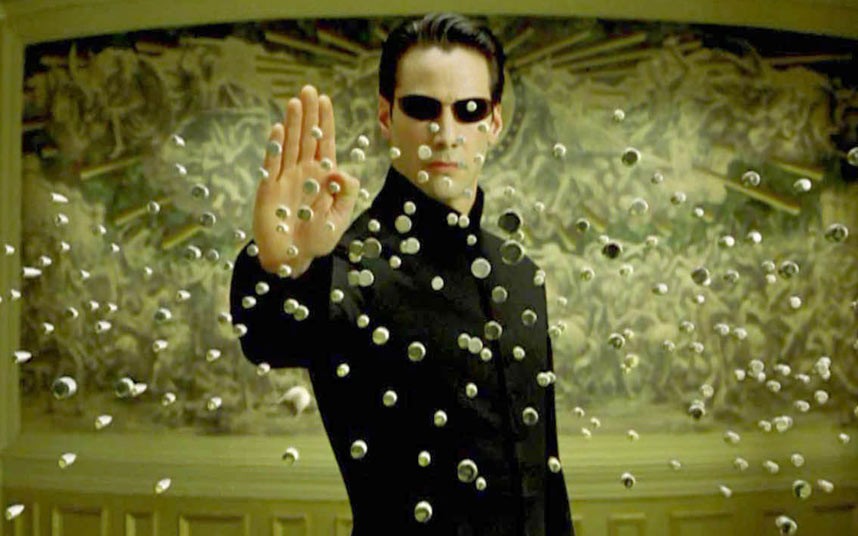- Joined
- Oct 12, 2009
- Messages
- 23,909
- Reaction score
- 11,003
- Location
- New Jersey
- Gender
- Male
- Political Leaning
- Libertarian - Right
Independent said:A programme that convinced humans that it was a 13-year-old boy has become the first computer ever to pass the Turing Test. The test — which requires that computers are indistinguishable from humans — is considered a landmark in the development of artificial intelligence, but academics have warned that the technology could be used for cybercrime.
Computing pioneer Alan Turing said that a computer could be understood to be thinking if it passed the test, which requires that a computer dupes 30 per cent of human interrogators in five-minute text conversations.
Eugene Goostman, a computer programme made by a team based in Russia, succeeded in a test conducted at the Royal Society in London. It convinced 33 per cent of the judges that it was human, said academics at the University of Reading, which organised the test.
Computer becomes first to pass Turing Test in artificial intelligence milestone, but academics warn of dangerous future - Gadgets and Tech - Life & Style - The Independent
Do we need to start pondering what makes us human? It is increasingly evident that self awareness is no longer the sole criteria as computer ai makes interesting gains in becoming self aware. This has been tackled so many times by hollywood but I don't think any more poignant view has been made better than by Phillip K. Dick's "Do androids dream of electric sheep?" published in 1968 and better known as the sci-fi movie "Blade Runner". In both the book and movie, the question about what makes us human is asked, and if self aware artificial intelligence is given real people's memories, does that make them human? Is it really that we need to update our tests and probe empathy?
The need to understand how such technology is used will also start to become an issue as the decades tick on. Phillip apparently was a visionary in so many ways.... Voigt-Kampf indeed.
Do you see this technology in the long run being used for good or will humanity create another slave class as Blade Runner depicts?



